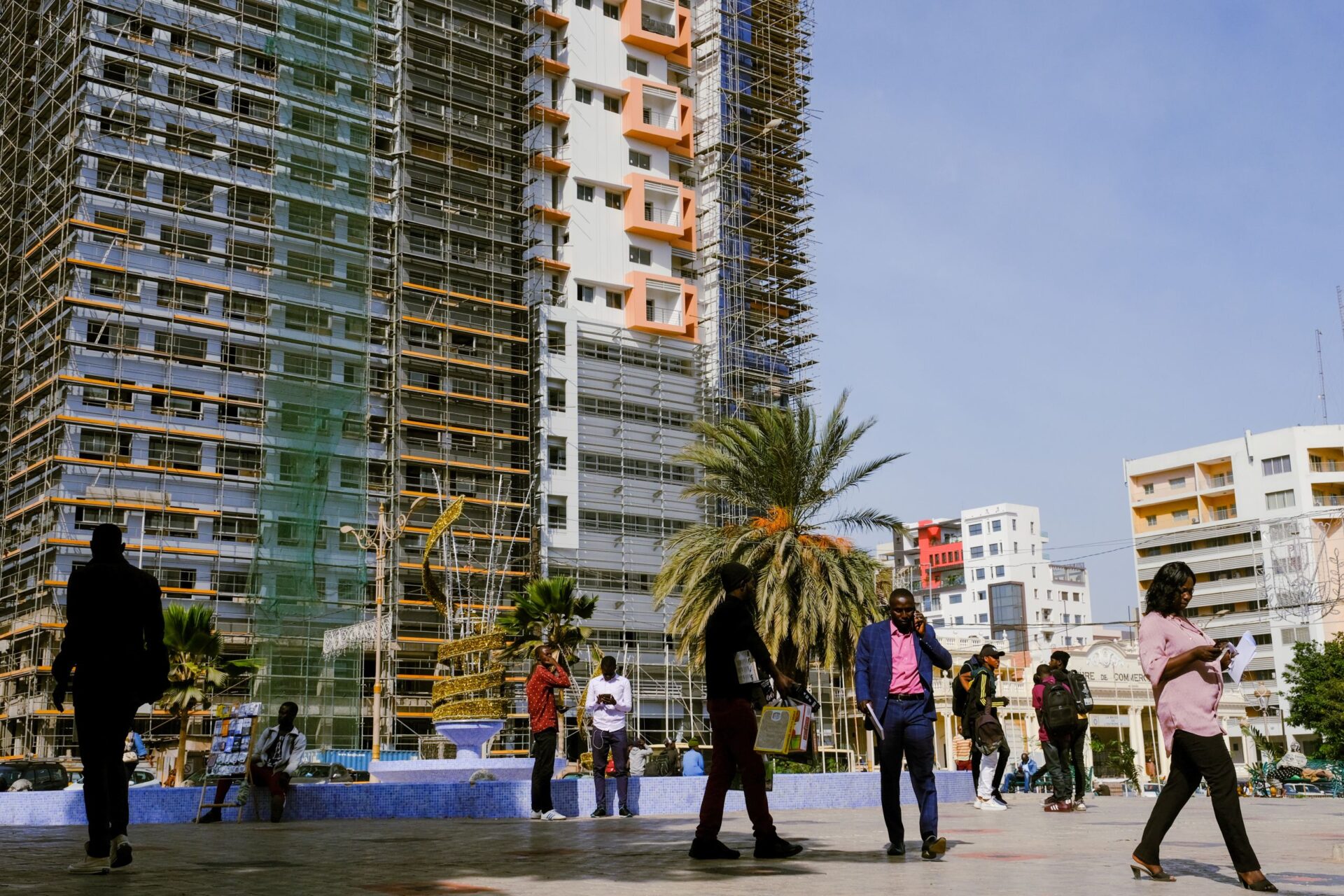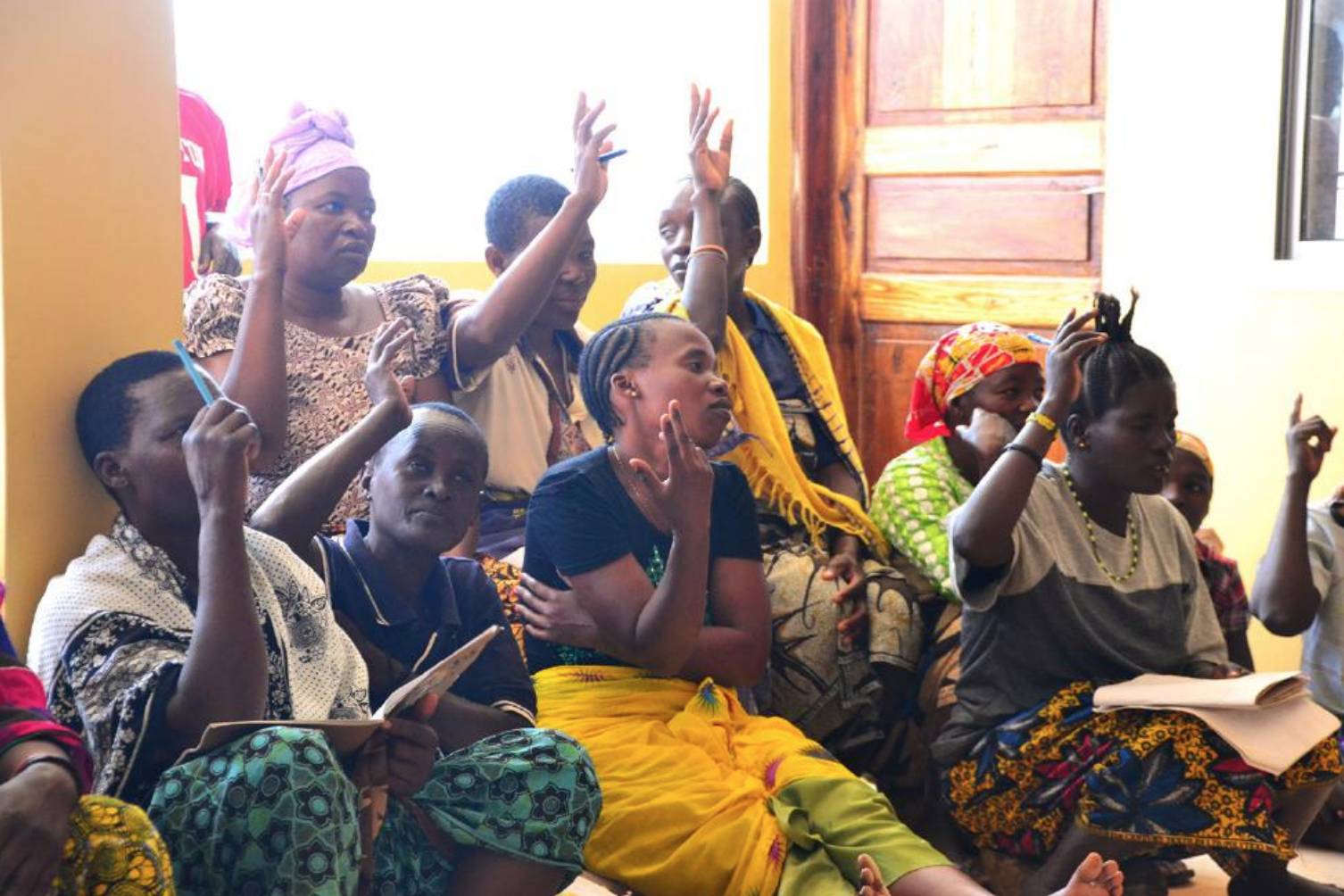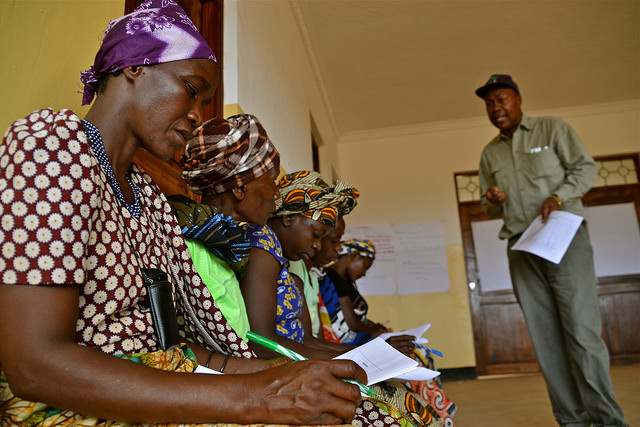UoR

The University of Reading is focused on understanding and adapting to global challenges, as well as striving to secure the common-good, the diversity of human culture, and the value of the arts within society.
Key research themes include:
- Environment:This theme brings together a breadth of our research strength – across weather, climate, ecology, evolution, built environment, remote sensing, space, chemistry, soils, hydrology, maths, data assimilation and statistics – linking it to expertise in the University’s other Research Themes, such as in exploring the interactions of environment, food, human-health and society.
- Weather and crops – An innovative system for estimating rainfall is directly benefiting the lives of 250 million people across Africa. The TAMSAT (Tropical Application of Meteorology using Satellite data and ground-based observations) programme provides early warning of potential food shortage crises by integrating data sources to better identify weather patterns likely to result in low crop yields.
- Flood forecasting – We have been developing and testing a Forecast-based-Financing (FbF) scheme which uses flood forecasts to trigger the release of funding for humanitarian action. This helps communities in developing countries prepare ahead of a flood event.
-
Food: Three research divisions – Food and Nutritional Sciences; Sustainable Agriculture and Food Systems; and Agri-Food Economics and Social Science – sit at the core of our theme, but our outlook crosses disciplinary boundaries to encompass disciplines that range from archaeology to zoology. From agri-environment to zoonotic diseases, our applied work relates to real-world issues and forms a distinctive area of transdisciplinary strength.
-
Prosperity & Resilience: Working across geographic and disciplinary boundaries and alongside partners in academia, industry, the charity sector and government, our researchers contribute to responses to pressing social problems at home and abroad. Our research spans a host of challenges facing modern society: from understanding the factors supporting language and vocabulary learning to inquiring into the representation, regulation and consequences of armed conflict; from exploring the regulation of housing and financial markets in the UK and internationally to the adaptation of communities to the challenges of climate change.
The Global Development Division houses many research projects that address pressing development issues. Examples of projects include:
- Participatory Integrated Climate Services for Agriculture (PICSA)*
- Low Carbon Rural Development
- BRAVE Project
- Working Better With Whitley
- Homo UNicus: The United Nations and the Gender Question
*The University of Reading hosts the Walker Instiutute, which developed PICSA.




